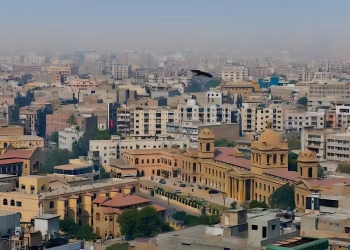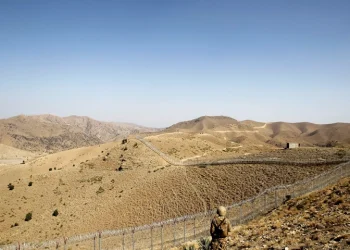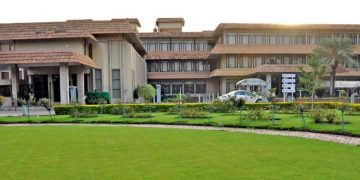Two years ago, when the Taliban gained control of Kabul after a 20-year war against the United States, the lives of many Afghans, especially women were dramatically changed.
News agency AFP recently interviewed four Afghans (a businesswoman, a farmer, a former Taliban fighter, and a medical student) about the impact of these changes on their lives, two years after the fall of Kabul.
Rahatullah Azizi, a farmer, expressed gratitude for improved security conditions, saying, “Without worry, we can go around day and night. Thank God.”
According to the annual report of the United Nations Mission in Afghanistan, during the period from 2009 to 2020, there were 38,000 civilian deaths and over 70,000 injuries due to armed conflicts.
However, economic hardships persist, as Afghanistan’s economy was already affected by years of war, and now, after the Taliban’s takeover and the resulting cut in international aid worth billions of dollars, the crisis deepened.
Rahatullah Azizi said, “I used to sell tomatoes for 200 Afghanis per kilogram, but now I sell them for only 80 Afghanis.”
Despite the challenges, some individuals like Lal Mohammad, a police officer, found economic stability under the Taliban’s return to power.
The interviews reveal a mix of experiences, ranging from gratitude for improved security to concerns over economic struggles and limitations on women’s education and rights imposed by the new government.
This captures the diverse impacts of the shifting circumstances in Afghanistan after the Taliban’s resurgence.

































